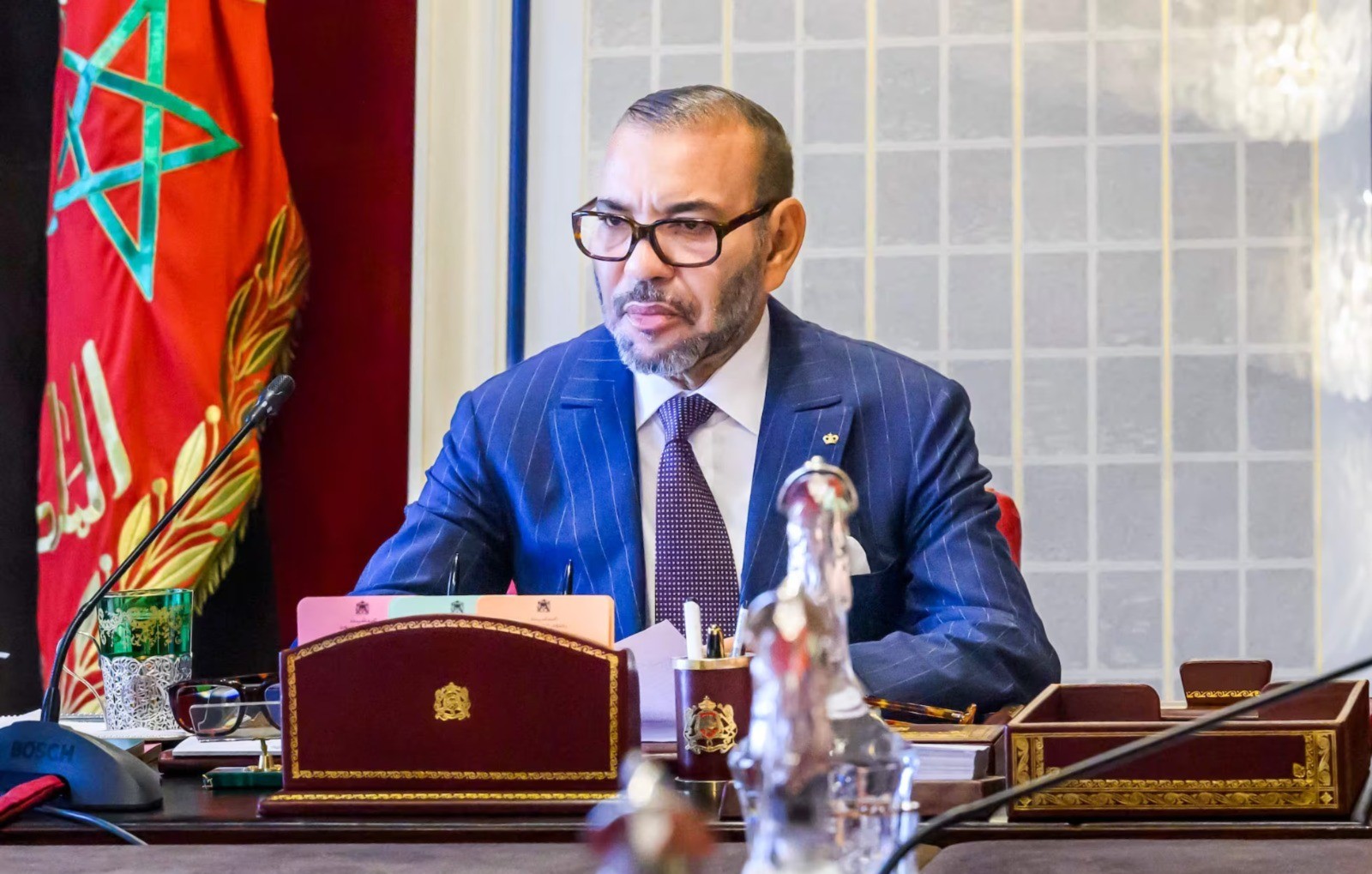
Morocco’s King Mohammed VI has pardoned 881 people to mark the anniversary of the Revolution of the King and the People, a historic occasion celebrated annually on 20 August.
The Ministry of Justice announced the decision on 19 August, stating that the beneficiaries include 676 prisoners whose sentences will be reduced or lifted, alongside 205 individuals convicted but not incarcerated who will also receive sentence reductions.
Royal pardons in Morocco are a longstanding institutional tradition often tied to major national and religious events. Each decision follows an individual review process by the relevant authorities.
Beyond their symbolic significance, these pardons are widely regarded as acts of clemency aimed at reinforcing ties between the monarchy and society.
“The granting of collective pardons reflects a desire to uphold the values of forgiveness and reconciliation,” the official statement noted.
For some, these measures also play a practical role in alleviating prison overcrowding, a recurring challenge in the country.
Others view the gesture as a reaffirmation of the king’s role as a guarantor of justice and social cohesion.
The timing of the decision carries particular resonance.
The Revolution of the King and the People commemorates a defining moment in Morocco’s contemporary history — the unity between the monarchy and the nation during the struggle for independence.
By linking this act of clemency to the remembrance of that shared struggle, the royal palace reinforces the symbolic weight of the celebration.
Royal pardons, regularly issued on such occasions, remain among the most recognisable expressions of sovereign prerogative in Morocco, balancing tradition, reconciliation and political symbolism.



